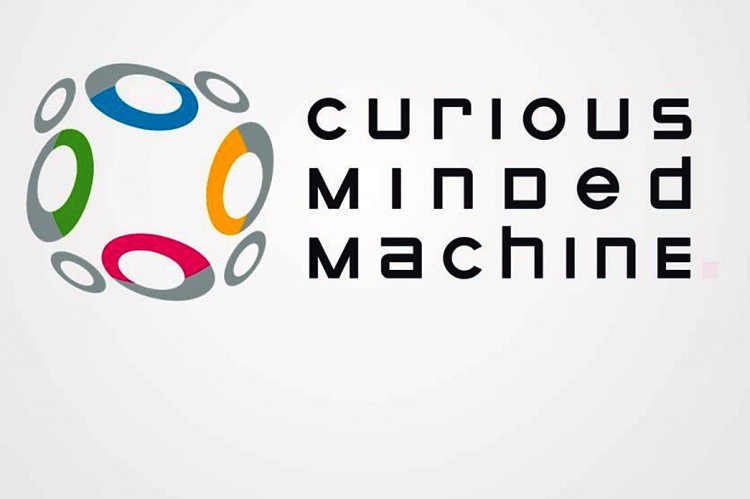Honda Research Institute USA (HRI) and three of the top U.S. research universities are partnering to develop intelligent systems that use curiosity to understand people's needs and empower human capability.
In essence, the goal of the partner's "Curious Minded Machine" initiative will be to develop an intelligent system that can learn continuously, much like a human being. This Artificial Intelligence (AI) can actually "learn to learn" as children do.
A Curious Minded Machine is a robot or intelligent system that learns continuously in a human-like, curiosity-driven way.
The project's ultimate goal is to create new types of machines that can acquire an interest in learning and knowledge, and the ability to interact with the world and others, said Soshi Iba, a principal scientist at HRI.
The team wants to develop Curious Minded Machines that use curiosity to serve the common good by understanding people's needs, empowering human capability and ultimately addressing complex societal issues. It intends to create Curious Minded Machines that independently grow their own knowledge and capabilities, and have the ability to expand human potential and enhance people's lives.
To attain these goals, the partners will develop a type of AI that enables life-long learning with a human-like sense of curiosity. The three-year program will also expand cognitive robotics research.
Research teams from the Computer Science & Artificial Intelligence Laboratory (CSAIL) at the Massachusetts Institute of Technology (MIT); the Paul G. Allen School of Computer Science & Engineering at the University of Washington and the School of Engineering and Applied Science at the University of Pennsylvania (Penn) will collaborate with HRI to explore the mechanisms of curiosity.
The outcomes of this research collaboration will facilitate the synthesis of Curious Minded Machines and will lead to attaining the goal of advancing breakthroughs in artificial cognition.
The Curious Minded Machine partnership aims to create new types of machines that can acquire an interest in learning and knowledge. These machines will also have the ability to learn and discover, and the ability to interact with others.
This type of intelligent system can extract intention from interactions instead of mimicking without understanding the purpose.
For example, just as coaches and trainers seek to optimize human performance, the Curious Minded Machine could enhance an individual's personal and professional development. By observing human interactions and tasks, the Curious Minded Machine could identify better ways to complete tasks or help people achieve their goals.
The Curious Minded Machine initiative explores the integration of machines with humans and society. It is one of Honda's approaches to realizing Cooperative Intelligence (CI).
The CI concept is AI embedded in a social context. It enables people to build confidence and trust with artificial systems.
The partners will explore new approaches, methodologies, and ideas to identify promising research and results that will form the basis for more detailed investigations and demonstrations.





